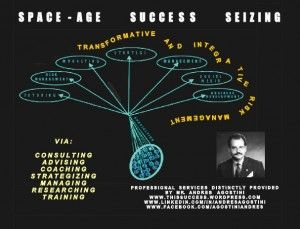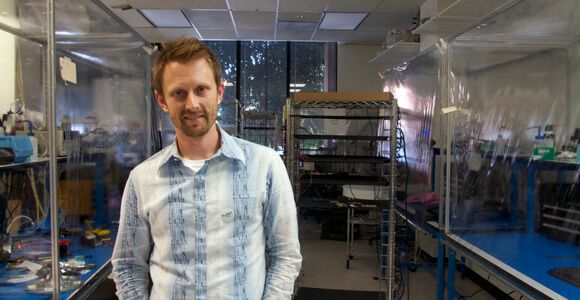Mar 5, 2014
The false allure of centenarians — Why centenarians epitomise our fears about growing old
Posted by Roy in categories: biological, homo sapiens, human trajectories, life extension
By Avi Roy, University of Buckingham and Anders Sandberg, University of Oxford
Today we wish a very happy 116th birthday to Misao Okawa who was born in Japan in 1898, making her the world’s oldest person. When she was young, Einstein hadn’t yet grasped the mysteries of a relative universe, cars were becoming affordable and were thought as the saviour of horse-polluted cities and the telephone was the next big thing in communication.
More than a hundred years later, we oft cite Einstein’s famous equation of relativity without understanding it. Cars are tools of pollution and most cities tax their presence. And a great many people shun voice communications for instantaneous texts. A lot has changed in our understanding of the universe, technology and our morality over the past century. But when it comes to living longer lives, we seem to collectively forget some basic biology.

Itsuo Inouye/AP
The media obsesses over the inevitable “secret” that centenarians (and super-centenarians, like Okawa, who live past 110) reveal as the reason for their exceptionally long life. In the case of Okawa, lots of sushi and eight hours sleep a day. Scientists study centenarians and their families to isolate the causes for longevity – so that we may be able to distribute it to everyone.






 3D printing is slow; so slow that printing an object several feet long is an arduous task that can take days. As a result, most 3D printers are tailored to printing small objects that take a few hours at most.
3D printing is slow; so slow that printing an object several feet long is an arduous task that can take days. As a result, most 3D printers are tailored to printing small objects that take a few hours at most.






